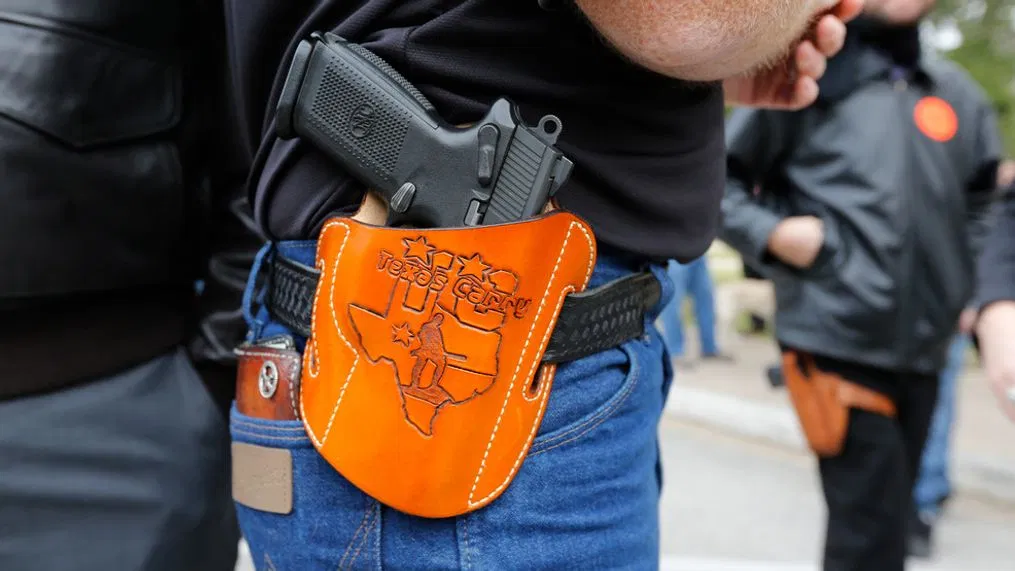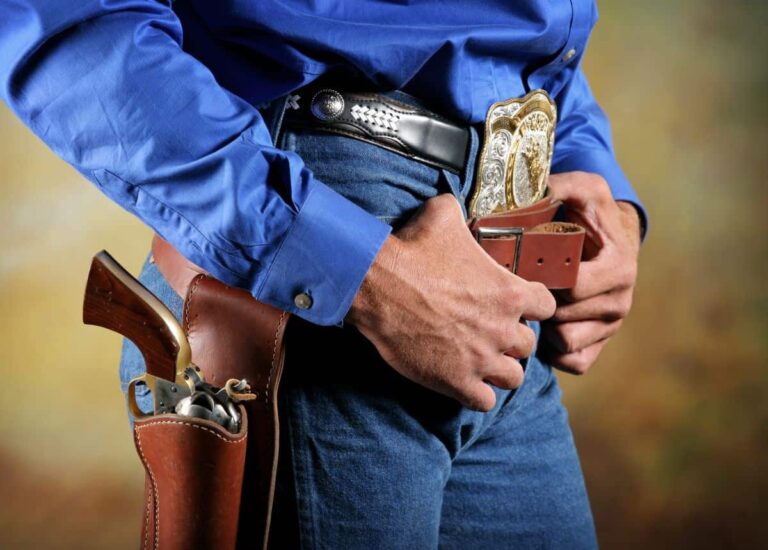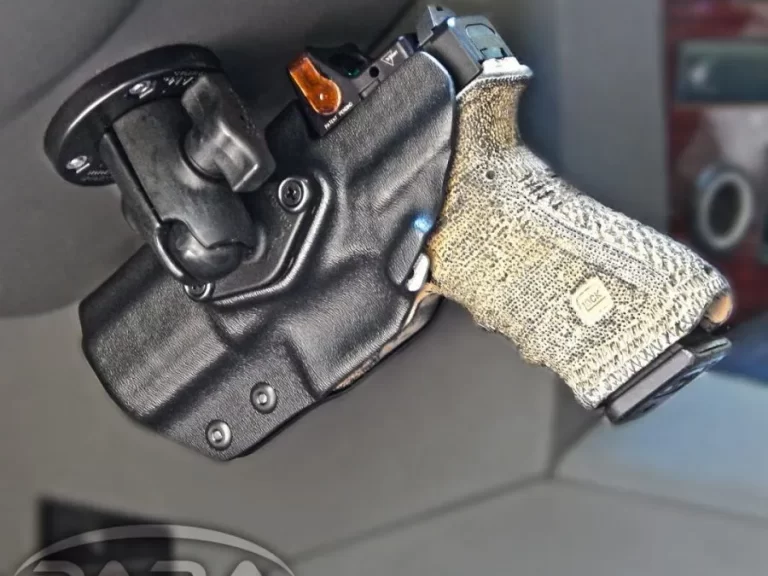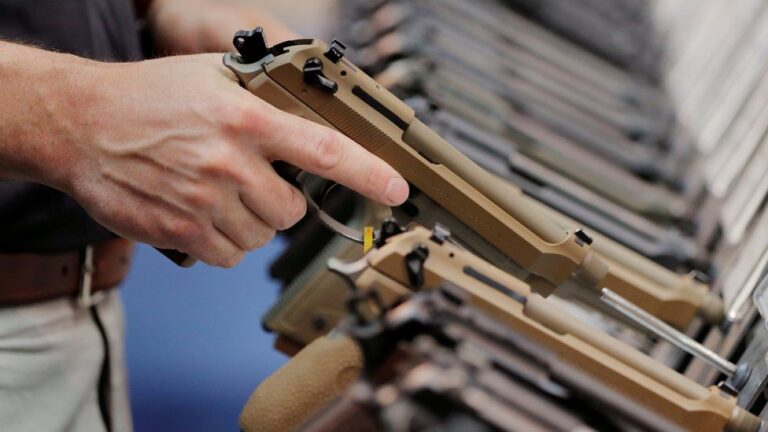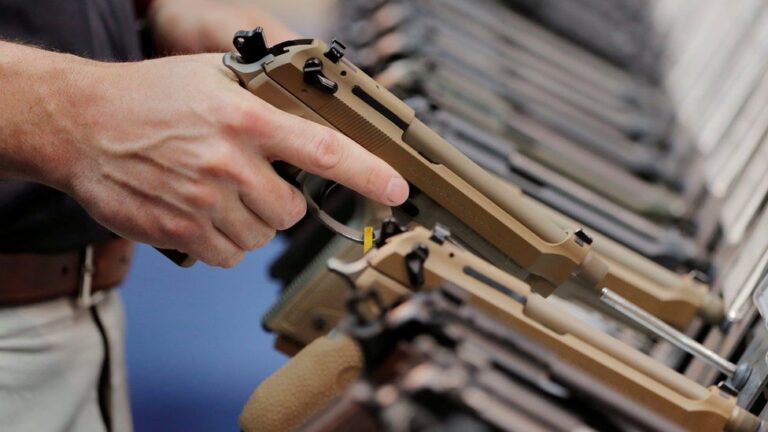Texas Constitutional Carry
In the vast landscape of firearm regulations in the United States, Texas stands out as one of the states that allow constitutional carry or permit-less carry. This means that individuals can carry handguns without a permit, provided they meet certain requirements set by the state. In this comprehensive guide, we will delve into the intricacies of Texas firearm laws, from open and concealed carry to the process of obtaining a License to Carry (LTC).
Understanding Constitutional Carry
Certainly, here’s the adjusted paragraph:
Constitutional carry, also known as permit-less carry, has gained traction in recent years as a hotly debated topic. In Texas, this legal framework allows individuals to carry handguns both openly and concealed without the need for a permit, as long as they meet specific criteria. Let’s explore the key points of firearm regulations in the Lone Star State:
Eligibility for Constitutional Carry
To engage in constitutional carry in Texas, individuals must meet certain eligibility criteria:
- Ordinary citizens of the USA must be at least 21 years old to open carry and 18 years old to open carry for active military members.
- Concealed carry requires either a License to Carry (LTC) for residents or a concealed carry permit for non-residents from reciprocated states.
- Non-residents from non-reciprocated states can apply for a Texas LTC if they are at least 21 years old.
Texas Constitutional Carry for Non-Residents
Texas implemented permitted constitutional carry in 2021, allowing most Texans 21 and over to carry handguns without a license. However, the law granting unlicensed carry specifically excludes non-residents, apart from active military members stationed in Texas. Visitors to Texas still need valid concealed handgun licenses from their home state or reciprocal states to legally carry concealed firearms or other weapons not openly displayed.
Open carry of long guns and legal blades does not require licensing. Without meeting license reciprocity or other exceptions, out-of-state residents cannot constitutionally carry concealed handguns in public spaces per Texas statutes.
License to Carry (LTC) Requirements
For those seeking the convenience of a License to Carry (LTC) in Texas, the process involves several steps:
- Application: Obtain application materials from authorized sources, including firearm dealers and the Department of Public Safety.
- Review and Approval: Submit your application, which will be reviewed by the Department of Public Safety. If you meet the state’s requirements, your application will be approved.
- Background Check: Complete a National Instant Criminal Background Check System (NICS) background check conducted by the Department of Public Safety. Successful completion will result in the issuance of an LTC.
- Renewal: Your Texas LTC is valid for a period of four years, expiring on your first birthday after issuance. Renewals are available, extending the license’s validity to your birthday five years after renewal.
Navigating Restrictions and Prohibitions
While Texas embraces constitutional carry, there are still specific locations and scenarios where firearm possession is restricted or prohibited:
- Educational Institutions: Concealed carry is prohibited in university areas that restrict firearm possession. However, certain exceptions exist, such as firearm storage in vehicles away from public view.
- Sporting Events and Venues: Concealed carry is not allowed at stadiums or event centers hosting professional sporting activities.
- Places of Worship: Possession of firearms is prohibited in mosques, churches, and other places of worship.
- Governmental Meetings: Concealed carry is not allowed during meetings organized by governmental bodies.
- Schooling Activities: Firearms are restricted in locations used for schooling activities, including vehicles transporting students.
- Alcohol-Centric Businesses: Concealed carry is prohibited in businesses deriving over half of their income from alcohol sales unless specific permission is granted.
- Healthcare Centers and Prisons: Concealed carry is prohibited in hospitals, healthcare centers, prisons, and correctional facilities.
Purchasing Firearms and Meeting Requirements
Purchasing firearms in Texas involves adhering to specific requirements:
- Residency: Legal residency in Texas for at least six months is necessary to buy firearms, apply for an LTC, or engage in open and concealed carry.
- Age: Individuals must be at least 21 years old (or 18 years old for military members) and have an honorable discharge from duty.
- Criminal Record: Felons and individuals with class A or class B misdemeanor charges are prohibited from firearm purchase and carry.
- Intoxication: Those under the influence of alcohol or intoxicating substances cannot engage in firearm possession.
- Firearm Handling Knowledge: Familiarity with firearm handling and proper storage is essential.
- Mental Health: Applicants must not have a protective order, restriction, or court order related to spousal relationships or properties.
Conclusion
Texas’ stance on constitutional carry reflects the state’s commitment to Second Amendment rights. While the process of obtaining an LTC is relatively straightforward, individuals must also be aware of the restrictions and prohibitions in place. Navigating these laws responsibly ensures both personal safety and compliance with legal regulations.
FAQs;
Q1. Can I openly carry a firearm in Texas without a permit?
Yes, Texas allows both open and concealed carry without a permit, provided you meet eligibility criteria.
Q2. What is the age requirement for open carry in Texas?
Ordinary citizens must be at least 21 years old, while active military members can open carry at 18 years old.
Q3. Can non-residents of Texas apply for an LTC?
Non-residents from reciprocated states can apply for a concealed carry permit, while non-reciprocated state residents can apply for a Texas LTC.
Q4. How long is a Texas LTC valid?
A Texas LTC is valid for four years, expiring on the licensee’s first birthday after issuance.
Q5. Are there restrictions on carrying firearms in schools?
Yes, firearm possession is restricted in locations used for schooling activities, including vehicles transporting students.
